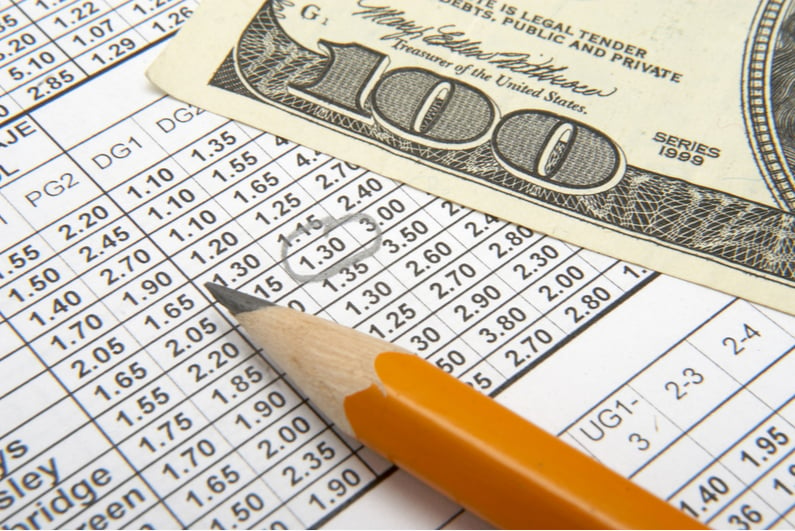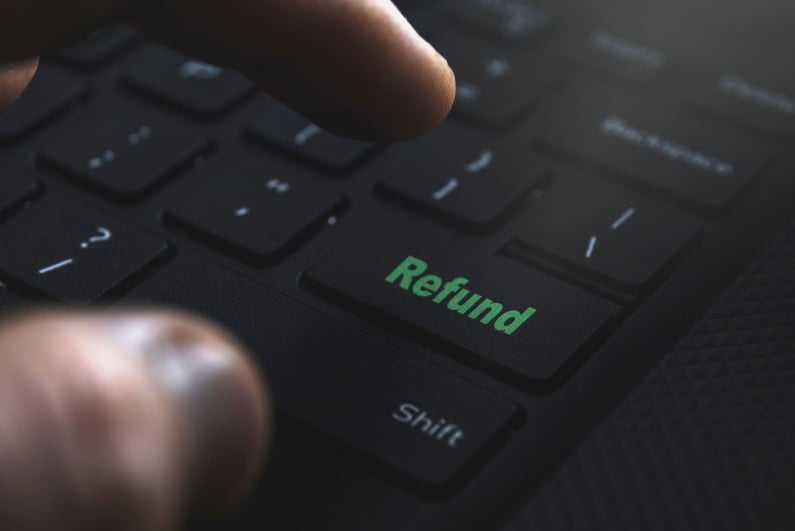Legal sports betting takes off
Since the ending of the federal ban on sports betting in the US in May 2018, 13 states have legalized it or are close to doing so. The illegal sports betting market in the US was estimated to be worth $150bn annually before the Supreme Court overturned the ban.
Now, states can legalize sports betting and start raising valuable tax revenue, as well as taking money out of the pockets of illegal gambling operators.
Nevada was the only state to have fully encompassing sports betting before the federal ban. A few other states have limited sports betting offerings due to grandfather laws.
States that now have legal sports betting and open sportsbooks are Nevada, Delaware, New Jersey, Mississippi, West Virginia, Pennsylvania, Rhode Island, and Arkansas. Due to the state-tribal compact, certain tribes in New Mexico have also been offering legal sports betting.
New York’s four upstate casinos will shortly be able to offer sports betting. Other states that will likely have sportsbooks open in 2020 include Oregon, Montana, Iowa, Illinois, Indiana, Tennessee, and New Hampshire.
Many other states are also actively considering legislation to legalize the activity. This means more than half of the American population could soon be able to legally place sports bets by the end of 2020.
The shining example
Perhaps the shining example of legal sports betting done right is New Jersey. State officials lobbied for years to get the federal ban overturned, despite strong opposition from the major sports leagues and other groups.
New Jersey opened its first sportsbooks in June 2018, and they have been going from strength to strength ever since. In May, for the first time ever, the state’s sports betting figures were greater than those of Nevada. New Jersey took $318.9m in sports bets, garnering profits of $15.5m, in comparison with a handle of $317.3m in Nevada and profits of $11.6m.
Nevada has long been the king at the top of the space, but New Jersey is targeting its position.
Future growth
Expectations are that by the end of 2019, more than 35 states will have considered sports betting legislation. According to estimates by Gambling Compliance, by 2024 there could be as many as 40 states with legal sports betting.
In 2018, seven states launched sports betting operations, with total revenue for the sector rising from $261.3m in 2017 to $430.2m in 2018 – an increase of almost 65%. This figure was also only for the second half of 2018, as the ban only ended in May.
This year, there has been a handle of over $4.4bn and total revenues above $259m. Since the end of the ban, more than $60m worth of taxes has gone to cities and state governments.
Issues arising
Some states have been falling significantly short of their initial estimates of sports betting revenues. This has led to them changing their projections to more conservative numbers.
This is in spite of some states having hefty tax rates. Rhode Island and Delaware effectively tax half of the sportsbook revenues, for example, with Pennsylvania having a 34% rate.
In comparison, the rates stand at 8.5% on land-based sportsbooks and 13% on online sportsbooks in New Jersey, as well as an additional 1.25% levy. Nevada’s current sports betting tax rate is 6.5%, which is the same for other gambling revenues.
There are also concerns about the potential rise of problem gambling, especially with online gambling becoming more popular. It is easier than ever for gamblers to place bets and spend money.
While the gaming sector spends about $300m annually on problem gambling, there is still much to be done. Mississippi, for example, does not directly allocate any funds to help problem gamblers.
The National Council on Problem Gambling is working hard on this issue. Chris Grove, managing director for leading gambling and research firm Eilers & Krejcik, believes a unified approach is needed.
He said: “Roughly 50% of the US population will live in states that have some form of sports betting by the end of next year. The primary obstacle will be getting all stakeholders on the same page about the best way to offer it, who controls it and how the revenue is distributed. The more voices you have singing their own melody, the rougher it is to get a chorus.”




